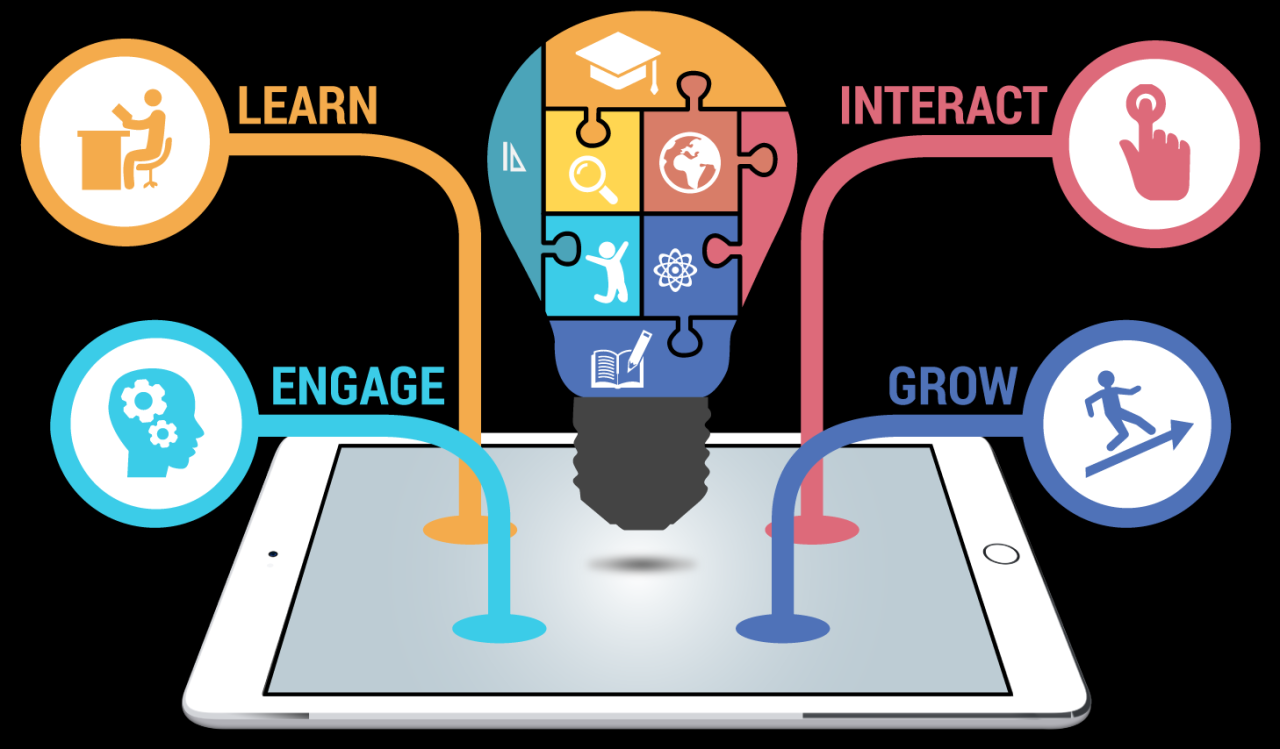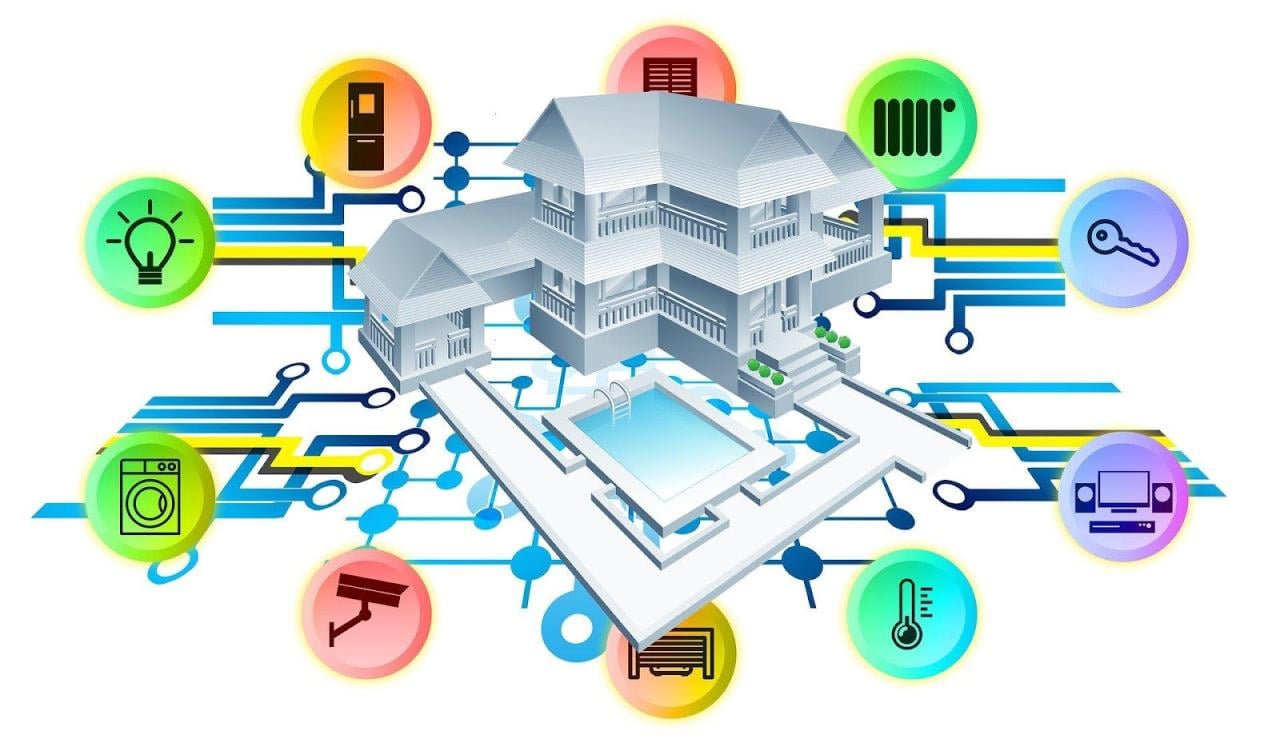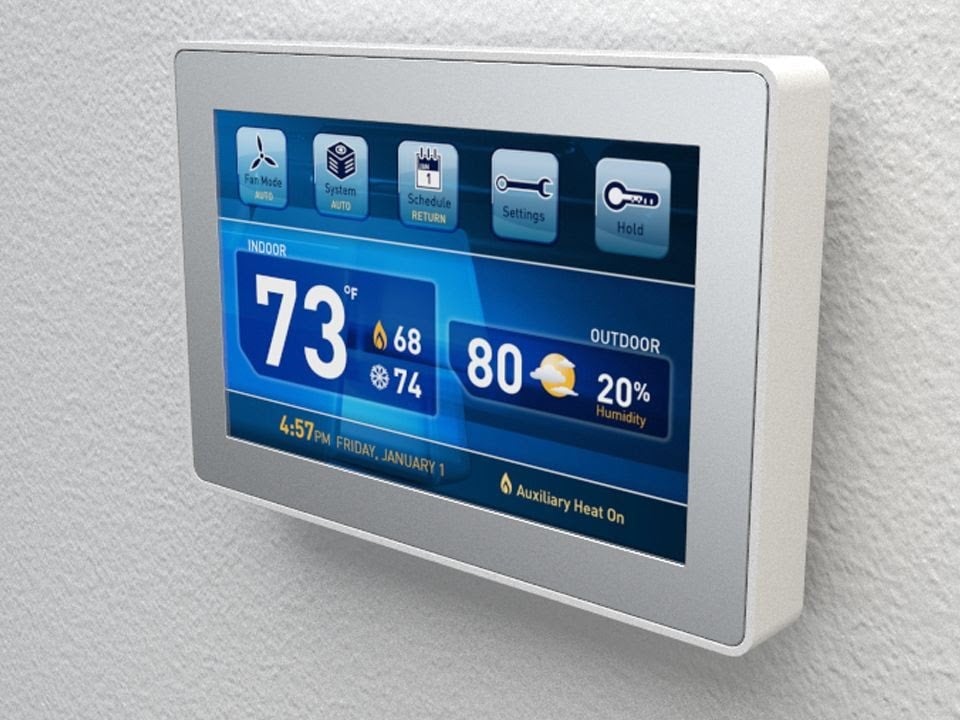Image from: http://builtin.com
Smart education platforms are revolutionizing online learning by harnessing advanced technologies to enhance the educational experience. In 2024, these platforms are at the forefront of transforming how students learn, offering personalized and interactive features that cater to diverse learning needs.
1. Personalized Learning Paths
Artificial intelligence (AI) plays a pivotal role in smart education platforms, crafting personalized learning paths based on individual performance and preferences. By analyzing student data, these platforms tailor educational content to address each student’s strengths and weaknesses, ensuring a more effective and customized learning experience.
2. Engaging and Interactive Content
To keep students motivated, modern platforms incorporate interactive elements such as gamification, virtual simulations, and quizzes. This engaging content not only makes learning enjoyable but also improves comprehension and retention by making complex subjects more accessible.
3. Real-Time Feedback
Immediate feedback is a key feature of smart education platforms. By providing instant assessments on assignments and quizzes, these systems help students quickly understand their performance, track progress, and make necessary adjustments to their study methods.
4. Adaptive Learning Technologies
Adaptive learning technologies adjust the difficulty of educational materials based on student performance. This approach ensures that students are continuously challenged at an appropriate level, enhancing their learning outcomes and keeping them engaged.
5. Collaborative Learning Opportunities
Smart education platforms facilitate global collaboration through discussion forums, group projects, and collaborative tools. Students can connect with peers and educators worldwide, fostering a sense of community and enhancing their learning through shared knowledge and diverse perspectives.
6. Flexibility and Accessibility
One of the greatest benefits of smart education platforms is their accessibility. Students can access learning materials anytime and anywhere, allowing them to learn at their own pace and fit education around their personal schedules and commitments.
7. Virtual and Augmented Reality Integration
Virtual and augmented reality (VR and AR) technologies are becoming integral to smart education platforms. These immersive tools provide hands-on experiences and simulations that make abstract concepts more tangible and engaging, transforming subjects like science and history into interactive learning adventures.
8. Advanced Analytics for Educators
Educators benefit from advanced analytics offered by smart education platforms. These tools provide insights into student performance and engagement, allowing teachers to identify learning gaps and adjust their instruction to better meet students’ needs.
9. Support for Diverse Learning Needs
Smart education platforms are designed to accommodate various learning styles and needs. Features such as closed captions, audio descriptions, and alternative formats ensure that all students, including those with disabilities, can access and benefit from the educational content.
10. Future Trends and Innovations
The future of smart education platforms promises even more innovations. Emerging trends like AI-driven tutoring, blockchain for secure credentials, and advanced VR/AR applications are set to further transform online learning, offering students and educators new opportunities for growth and development.
Conclusion
Smart education platforms are reshaping the landscape of online learning by offering personalized, engaging, and flexible educational experiences. With continuous advancements in technology, these platforms are poised to further enhance the way students learn and interact, making education more accessible and effective than ever before.








